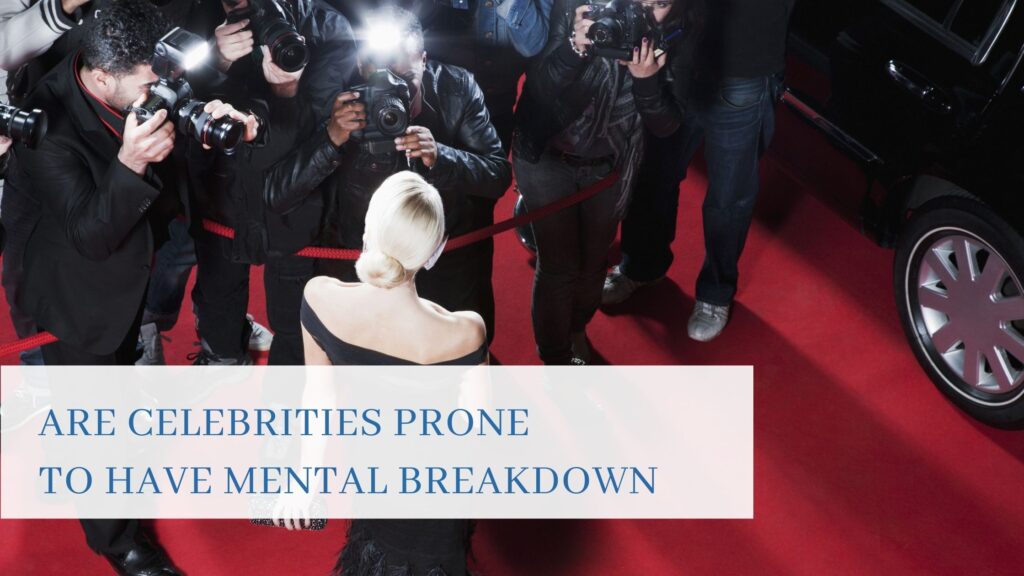Emotional Illnesses are very common aftermath of celebrity position.
Some celebrities are more prone to depression and bipolar disorder due to never-ending media and public scrutiny.
In fact, it is a common issue that many artists, musicians, CEO’s, actors, or any kinds of entertainers are and have been diagnosed with Depression.
Even though their chosen ‘career’ will set them up for life substantially, instead of bringing them happiness and freedom, for many, stardom leads to an identity crisis and contemplations on their self-worth and eventual burn out and or depression.
What may be the reasons?
Celebrities who have personally dealt with and bravely spoken out about some of these mental illnesses or others, in hope of reducing the stigma behind seeking help for mental health and helping their followers who also suffer:
Depression, which is characterized by a loss of interest in daily activities and a weakened ability to focus and a few other symptoms include fatigue, weight loss and gain, feelings of worthlessness, and suicidal thoughts, though these does not report fame as a risk factor.
Mental illness is not prejudiced; therefore, it affects celebrities just like the rest of the population. But because the limelight is always on them, we perceive more about their experiences with depression, suicidal thoughts, OCD, anxiety, and so on.
Celebrities are always in the limelight. There are extensive pressures and stressors this limelight puts on them—especially after seeing mental illnesses like depression, anxiety, and substance use disorder cause disorder in and even take the lives of famous people. This pleads the question: are celebrities more vulnerable to mental illnesses?
With that being said, they’re not necessarily more prone to developing these illnesses, instead either they feel obliged to share their experiences in hope of eliminating the stigma behind mental disorders or don’t have the choice of take charge themselves.
Anxiety, as seen by extreme worry and signs similar to those of depression: restlessness, fatigue, reduced concentration, irritability, and insomnia. However, celebrity status is not considered as a risk factor for developing anxiety, people with long-lasting illnesses, those with first-degree relative who suffer from anxiety, and women, are more prone to anxiety.
Substance use disorder (SUD), in which Individuals may abuse prescription drugs as well as prohibited ones and state symptoms such as ongoing longings for the substance, feelings of isolation and helplessness, and a stalled work or social life due to the addiction.
Celebrities are likely exposed to further peer pressure than the normal people and alcohol or drugs are readily accessible to them, that is too inviting for the Substance use disorder.
According to the Centers for Disease Control and Prevention, while celebrities are not more vulnerable to developing a mental health condition, they do make up part of that population in which mental illnesses are more to seen. Not every celebrity has the perfect life —they could be dealing with something our eyes don’t see.
How Therapy Can Help with Mental Breakdown
Get help with a therapist is one of the most important things to get to know yourself a lot better.
While being comfortable talking with your therapist, your self-worth can be reclaimed, that may you felt lost during your struggle with depression or anxiety.
A psychologist’s help or treatment is never something to feel ashamed of. It’s cool to have a healthy mind and healthy emotions. Never Struggle alone with your mental issues, trust your discernment!



